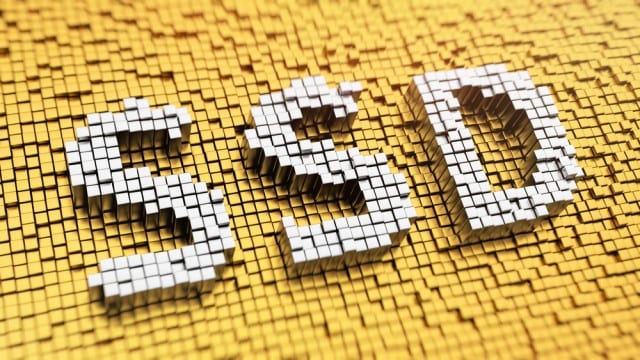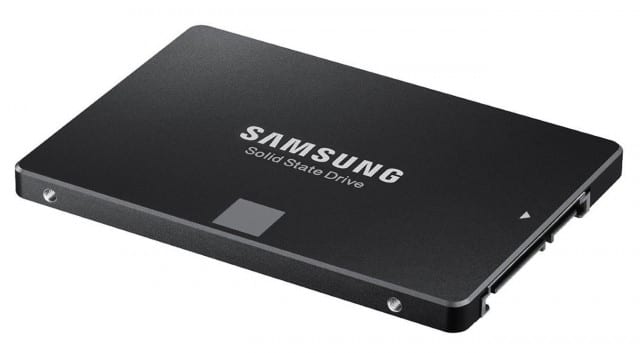With the growing popularity of Solid State Drives, the question had to be asked: Are Solid State Drives less likely to fail than Hard Disk Drives? Because an SDD has no mechanical parts in it and is made out of fewer components in general, the logical answer to that would be yes, they are less likely to fail. Although a few studies have shown that Solid State Drives have the same chances of failing as Hard Disk Drives. Whatever the statistics are, an SSD fails just as easy as an HDD, but a Solid State Drive reads data faster and is more expensive.

Source: BetaNews
Take away the mechanical parts, both drives still have electronic components. The capacitors could die, the power supply could decide to go up and kill the drive, and more. There are many things that could happen to you SSD that can cause to fail. There is no evident sign as to when your drive will die. It just happens. Yes, it’s true that flash memory wears out, but studies have shown that SSDs are so durable that you can use a Solid State Drive for more than 10 years even if you write 50 gigabytes per day.
The main problem with failing SSD’s is that they are new, and data recovery is more complicated than on an HDD. A storage recovery company has said that solid-state technology is new and represents a whole new engineering problem to research teams and other data recovery organizations.
The technology is better, but there isn’t much you can do if you SSD fails and dies. All the options available are very expensive. Going to a data recovery service can be very expensive. Companies develop software in case of full disc failing, but they are not free. Software such as Wondershare Data Recovery and On Track Easy Recovery are one of the best Solid State Drive Data Recovery programs, but they will cost you a lot. To summarize, if your SSD fails, there is nothing much you could do.
Another way to lose data, probably the best way to lose data in this case, is for you to accidentally delete files or the file data gets somehow lost. If you’ve deleted files by accident than I suggest you look in the ‘Recycle Bin.’ Of course, it was a joke.

Source: ExtremeTech
The first thing you want to do if you deleted files by accident is to stop working on the computer. When you delete files from your recycling bin the computer doesn’t delete the files, it recycles them. The computer is rewriting the ones and zeros, and you can recover that data. Like we said, shut down your pc, and find a new HDD or SSD and install it as an internal drive. In the meantime, you could copy your storage drive with tools such as DriveImage XML, Clonezilla, Macrum Reflect Free, Paragon and more. Next, you can attempt to recover the data using free and paid software options out there. Tools such as Recuva have a proven track record of SSD data recovery, and it’s free, Pandora and Disk Drill. If you are willing to spend money than software like Data Rescue Pc, On Track Easy Recovery, or Recover My Files Professional are more than suitable to fix your problem.
Having explored both cases of SSD file recovery, it’s safe to say that the most cost-effective way of preventing your files from being deleted is to simply do backups of them. I backup all my important files with Google Drive but Sky Drive, Dropbox and others are solid options.
